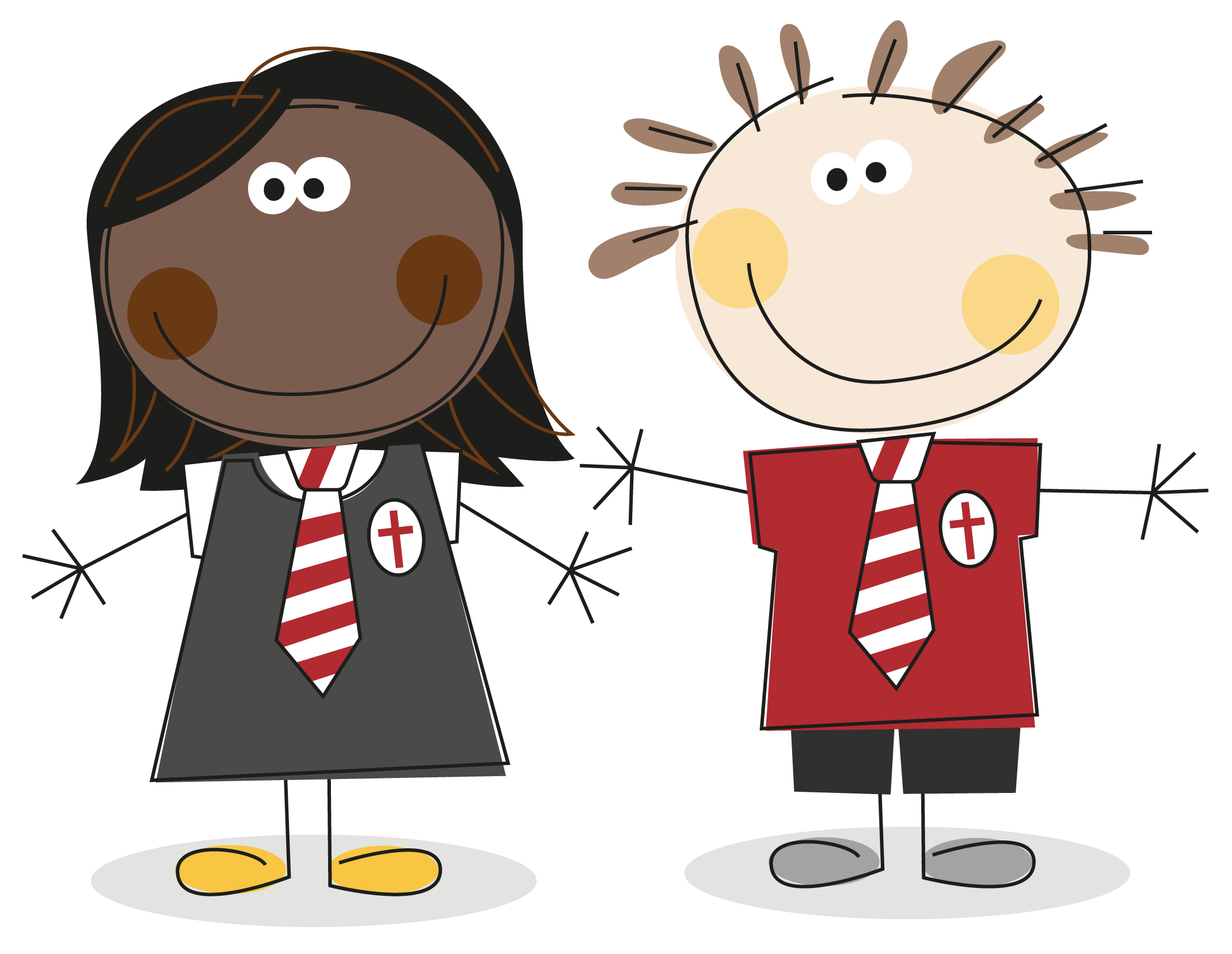Computing at Dean Gibson
Introduction
A high-quality computing education equips pupils to use computational thinking and creativity to understand and change the world. Embracing children’s natural curiosity about the technological world allows them to develop their knowledge and skills in a safe and constructive way. Technology is an essential tool in helping find answers to many of life’s mysteries, whether that be by searching the web, developing a programme for a specific enquiry purpose or communicating with others, therefore we think it is crucial that children learn to be curious yet diligent in their use of it.
Computing has deep links with mathematics, science, and design and technology, and provides insights into both natural and artificial systems. The core of computing is computer science, in which pupils are taught the principles of information and computation, how digital systems work, and how to put this knowledge to use through programming. Building on this knowledge and understanding, pupils are equipped to use information technology to create programs, systems and a range of content. We encourage children to recognise the diverse nature of technology and the places it was brought to life, having an understanding of its development and designers allows children to appreciate the development.
Computing also ensures that pupils become digitally literate – able to use, and express themselves and develop their ideas through, information and communication technology – at a level suitable for the future workplace and as active participants in a digital world. Children will have opportunities to develop their computing skills both indoors and outdoors: through using technology in the outdoors children may experience a diverse range of activities inc. developing ways of recording outside data, monitoring changes in environment, photo evidencing and researching plants and animals etc.
Our Curriculum Roadmap:
Our Computing Curriculum
Through use of the National Centre for Computing Education scheme we aim to ensure that all pupils:
Can understand and apply the fundamental principles and concepts of computer science, including abstraction, logic, algorithms and data representation
Can analyse problems in computational terms, and have repeated practical experience of writing computer programs in order to solve such problems
Can evaluate and apply information technology, including new or unfamiliar technologies, analytically to solve problems
Are responsible, competent, confident and creative users of information and communication technology.


